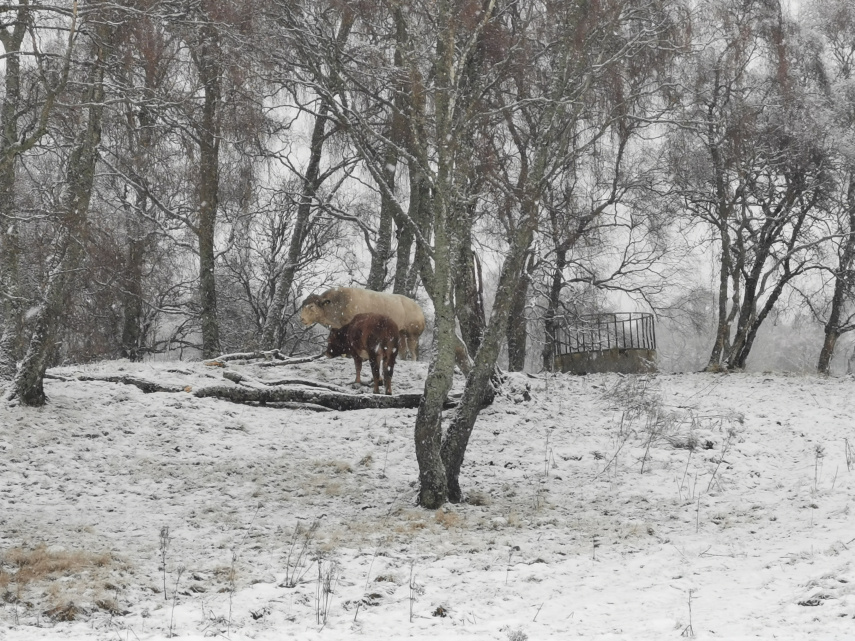
Agriculture Bill Consultation – Your chance to have your say
Bob McIntosh
As most of you will be aware, the Scottish Government is currently consulting on the contents of a new Agriculture Bill which will probably hit the statute books early next year. It’s an important consultation and one which all farmers should be aware of and willing to contribute to, and the deadline has been extended to give you more opportunity to do so: you now have until 5 December to have your say.
We know that the way that farming is financially supported by the Government will change from 2025-26 onwards, and this Bill is the first step in setting out the direction of travel. Of course, what every farmer would like to know, is ‘how much am I going to get from 2025 onwards and what do I need to do to get it?’ We are some ways away from knowing the answer to that question and the new Bill is mostly about ensuring that the Scottish Government has the legal powers it needs to develop and deliver a new support scheme, with the details of what will be supported, and how, following on by means of secondary legislation over the months ahead.
However, the consultation gives some clues as to the way forward. It’s clear that receipt of public funds will be linked to delivery of not just ‘high quality food production’ but also to activities that support biodiversity, wider rural development enhancement, and a reduction in net carbon emissions. Being an active farmer who meets greening-type cross compliance conditions is likely to only qualify you for part of what is currently provided under the Basic Payment Scheme. Additional payments will be linked to additional delivery of biodiversity enhancement and climate change mitigation measures, as well as innovation and business efficiency improvements. Details of the specific measures which will be available in the support scheme are currently being worked up and should start to emerge relatively soon.
Another unknown is the amount of funding that will be available. Now that we have left the EU, we will be reliant on funding from the UK and Scottish Governments, and it is not yet clear what will emerge from the discussions that are due to be held between the UK Government and the devolved administrations. Given the state of the public finances it is difficult to think that there will be an increase in the level of funding available.
There are some useful proposals affecting the tenanted sector. Given that all farmers are likely to be increasingly involved in delivering activities that are not strictly agriculture, it is important that tenants have equal access to the new measures and are not inadvertently disadvantaged because such activities do not fall within the definitions of agriculture and the rules of good husbandry. Legislation is proposed that will ensure that tenants can fully access the new support measures without risking breaching their lease conditions, that the range of tenants’ improvements eligible for compensation at waygo will be extended to include a wider range of eligible activities, and that any changes to the scope of what constitutes diversification will be made. The proposal contained in the 2016 Land Reform Act (but not yet enacted) to introduce a new ‘Fair Rent’ system based on assessment of the productive capacity is proposed to be shelved in favour of a hybrid between that system and the current system. This would require rent discussions to take account of comparable rents, the productive capacity of the holding and the prevailing economic conditions.
There is welcome recognition, too, that the process of agreeing waygo claims is often protracted, to the detriment of tenants retiring or moving to another tenancy without knowing the final waygo settlement. So the legislation proposes setting a stricter timetable for the start and conclusion of negotiations. With addition of a proposal to also review the basis of compensation for tenants where land is resumed for one reason or another, this package of measures has the potential to reduce the scope for conflict between landlords and tenants in key areas of their interactions.
A final in-person consultation event has been added to the Scottish Government’s programme, taking place in Orkney on 28 November. The Bill proposals are wide-ranging and I would encourage you to take this opportunity to read through them and provide your feedback if you haven’t already done so. For more information and to provide a response visit the website at: consult.gov.scot.
